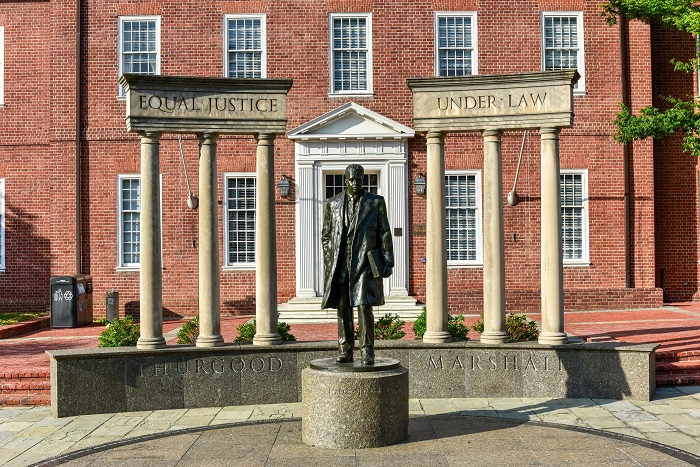The U.S. Court of Appeals for the Seventh Circuit recently vacated a trial court’s order denying a debt collector’s motion to compel arbitration in a putative class action lawsuit filed by a consumer alleging violations of the federal Fair Debt Collection Practices Act (FDCPA), and remanded the case to the lower court with instructions to dismiss for lack of jurisdiction.
Posts published in “Class Actions”
Class Actions
In a putative class action against a bank for alleged underpayment of overtime wages, the U.S. Court of Appeals for the Ninth Circuit recently held the use of a potentially improper pay structure was not evidence of harm in every instance, and thus the predominance requirement provided for in Fed. R. Civ. Pro. 23(b)(3) necessary to certify a class action was not met.
The U.S. Court of Appeals for the Seventh Circuit recently held that settling an objection to a class action settlement in return for a private payment to the objector can be inequitable, and if so that disgorgement is the appropriate remedy.
The U.S. Court of Appeals for the Ninth Circuit recently held that it is generally not legal error for a trial court to hold that a settlement class satisfies class action predominance requirements, particularly for a class asserting a unifying federal claim, without first performing a choice-of-law analysis.
The U.S. Court of Appeals for the Ninth Circuit recently held that a defendant that relies on potential punitive damages to satisfy the amount in controversy for removal under the federal Class Action Fairness Act meets that requirement if it shows that the proffered punitive/compensatory damages ratio is reasonably possible.
The Massachusetts Supreme Judicial Court recently affirmed a lower court’s denial of a debt collector’s motion to compel arbitration, holding that the defendant had failed to provide “clear and definite” evidence of the parties’ intent that it benefit from the arbitration provision at issue.
The U.S. Court of Appeals for the Ninth Circuit recently dismissed as moot an employee’s appeal of a trial court’s ruling denying class certification after he reached an individual settlement with his employer as to his claims for workplace meal break violations.
The U.S. Court of Appeals for the Seventh Circuit recently reversed a trial court’s order remanding a plaintiff’s claims under the Illinois Biometric Information Privacy Act (BIPA) back to state court for lack of subject-matter jurisdiction because she lacked standing under Article III.
The U.S. Court of Appeals for the Sixth Circuit recently held that a lawsuit brought by the attorney general of Michigan on behalf of Michigan residents did not qualify as a “class action” under the federal Class Action Fairness Act (CAFA).
The U.S. Court of Appeals for the Sixth Circuit recently reversed the dismissal of a homeowner’s claims against her hazard insurer related to its deduction for costs of labor as “depreciation” in determining its net payment for damage to the home.
The U.S. Court of Appeals for the Ninth Circuit recently held that the trial court had Article III jurisdiction and did not abuse its discretion in approving a settlement between a social media company and a nationwide class of its users who alleged that the social media company routinely scanned and collected their private information without their consent.
The Maryland Court of Appeals recently held that victims on whose behalf money is collected or property is recovered by the Maryland Consumer Protection Division of the Attorney General's Office (CPD) or federal Consumer Financial Protection Bureau have no authority, through a private settlement, whether or not approved by a court, to preclude the CPD or CFPB from pursuing their own remedies.












